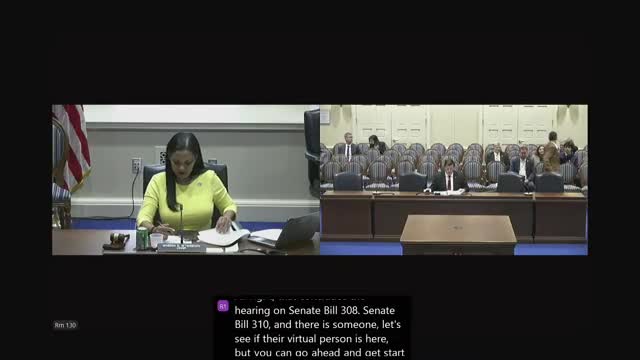Article not found
This article is no longer available. But don't worry—we've gathered other articles that discuss the same topic.
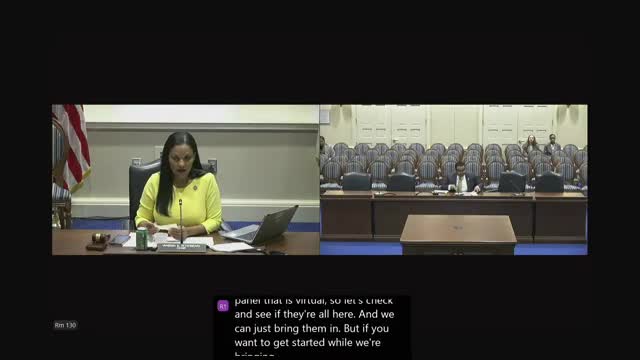
Maryland Voting Rights Act bill would let state AG and citizens challenge vote dilution; advocates urge passage
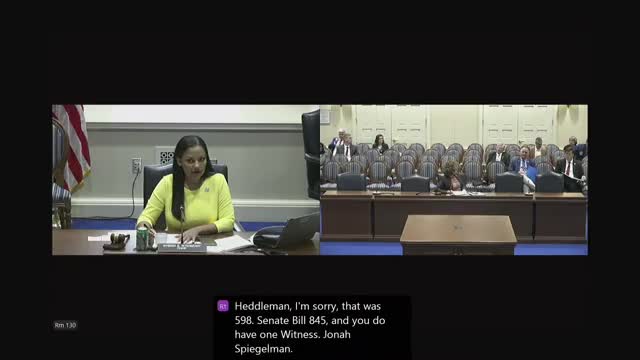
Senate bill would let local school systems use a statewide clearinghouse to vet teacher hiring after AI impersonation case
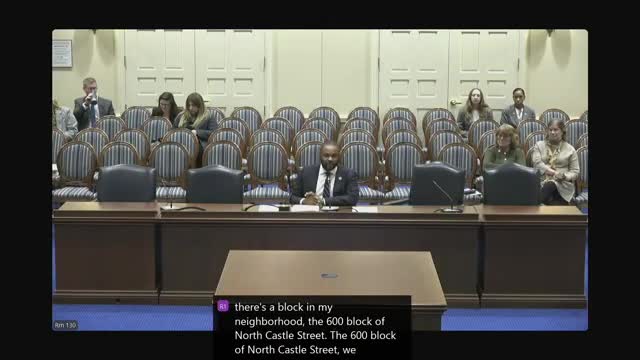
Senator McCrae proposes higher tax rate on long‑vacant nonprofit properties to spur reuse
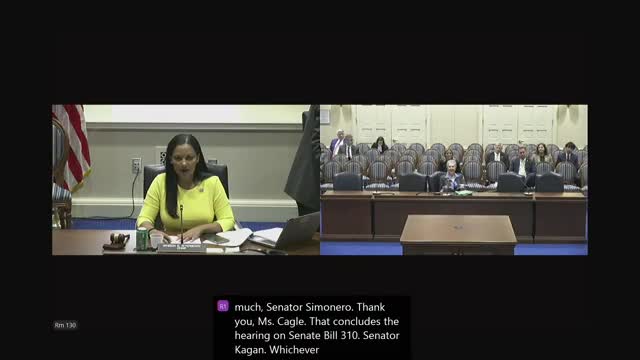
Bill would require plain‑English ballot language and public review to reduce voter confusion
